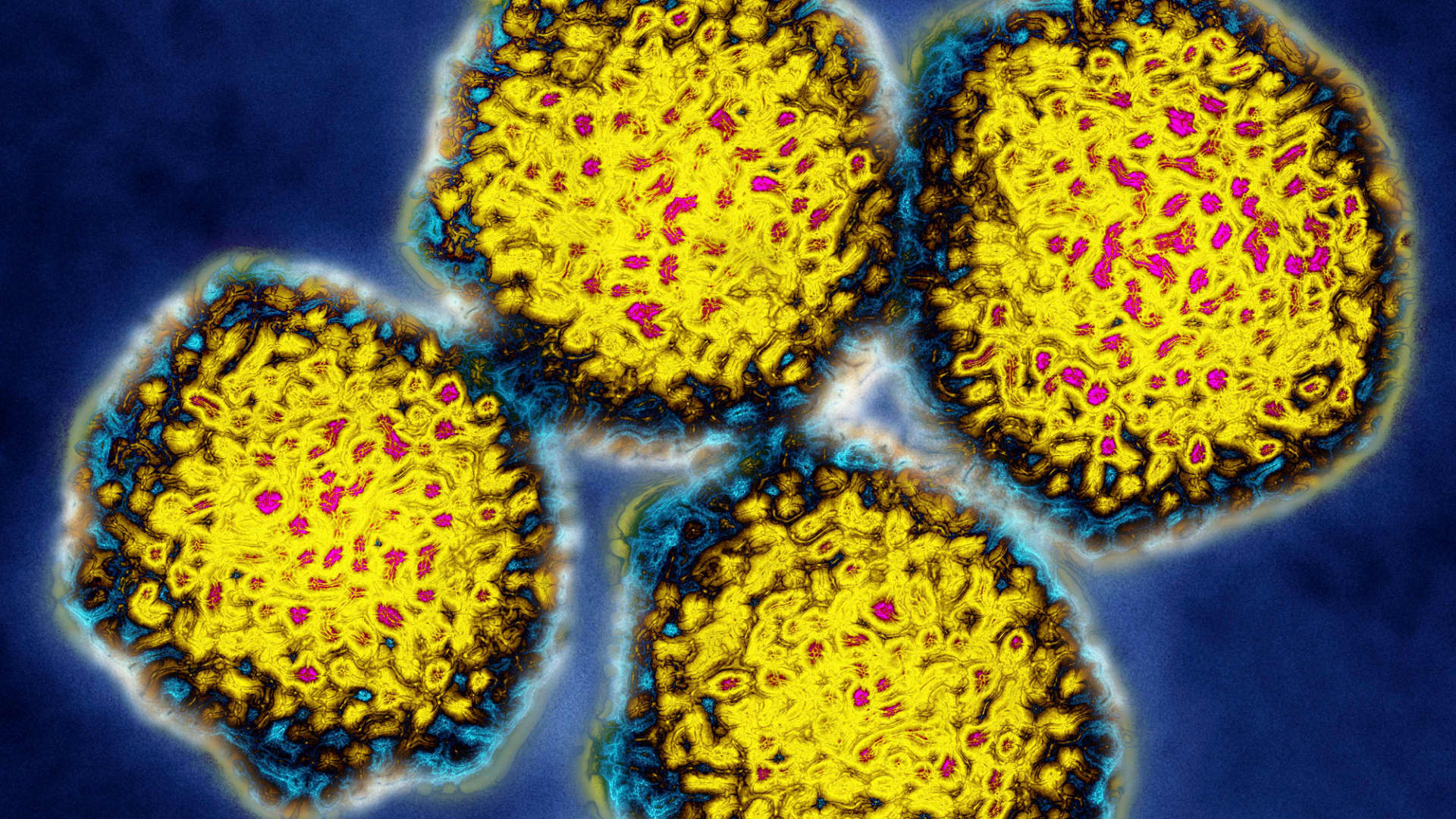
Hepatitis C virus
BSIP | UIG | Getty Images
The overwhelming majority of people in the U.S. who have tested positive for hepatitis C have not been cured due to the high cost of oral antiviral treatments and obstacles imposed by insurance plans, federal health officials said on Thursday.
Hepatitis C is often referred to as the silent killer because the initial infection has few to no symptoms. Overtime, however, the virus can cause liver damage, liver cancer, liver failure and ultimately death.
The virus is spread through contact with an infected person’s blood, primarily through sharing needles and other equipment used to inject drugs.
Breakthrough oral antiviral treatments made by Gilead Sciences and Abbvie have been on the U.S. market for nearly a decade now. These pills, taken once a day for eight to 12 weeks, cure more than 95% of hepatitis C cases.
Despite the availability of these medications, only one-third of the 1 million adults in the U.S. who tested positive for hepatitis C between 2013 and 2022 have been cured, according to a report from the Centers for Disease Control and Prevention published Thursday. Health officials estimate up to another million people in the U.S. are infected but don’t know they have the virus.
Hepatitis C contributed to the deaths of nearly 15,000 people in 2020, according to the CDC.
“Thousands of people are dying every year in our country, and many more are suffering from an infection that has been curable for more than 10 years,” Dr. Jonathan Mermin, director of the CDC division that specializes in HIV and viral hepatitis, told reporters on a call Thursday.
The Biden administration has asked Congress to approve $11 billion in funding for a national program to eliminate hepatitis C by 2030. Dr. Francis Collins, who is leading the initiative at the White House, said the program will save thousands of lives and pay for itself by reducing health care costs.
Health insurance and hepatitis care costs
Health officials said the primary obstacles to treatment are requirements imposed by health insurance plans and the high cost of treatment. The course of pills can cost up to $24,000 per patient.
Dr. Carolyn Wester, who heads the CDC’s viral hepatitis division, said some health insurers require burdensome preauthorization before patients can receive the pills and also limit which health-care providers can prescribe the medications.
Collins, who previously served as director of the National Institutes of Health, said community health centers that treat the uninsured cannot afford the pills for everyone. Only 1 in 4 uninsured adults diagnosed with hepatitis C have been cured, according to the CDC.
Even state Medicaid plans impose burdensome requirements such as evidence of liver disease, sobriety and the involvement of specialists, Collins told reporters on Thursday. The high cost of the drugs has made it difficult for Medicaid to treat everyone who is infected, according to the U.S. Health and Human Services Department.
Under Biden’s proposal, the federal government would pay pharmaceutical companies like Gilead and Abbvie a lump sum for the drugs. The companies would then make the medications available for free to the uninsured, state Medicaid programs, prison systems and people living on Native American reservations.
The proposal is based on a model launched by Louisiana in 2019, in which the state paid Gilead subsidiary Asegua Therapeutics a lump sum for enough drugs over five years to cure nearly all Medicaid patients and people who are incarcerated.
Collins said NIH and the Food and Drug Administration are also working on the approval of a rapid hepatitis C test that would provide a diagnosis in an hour or less. The test would be used to diagnose and treat patients in a single visit, he said.







